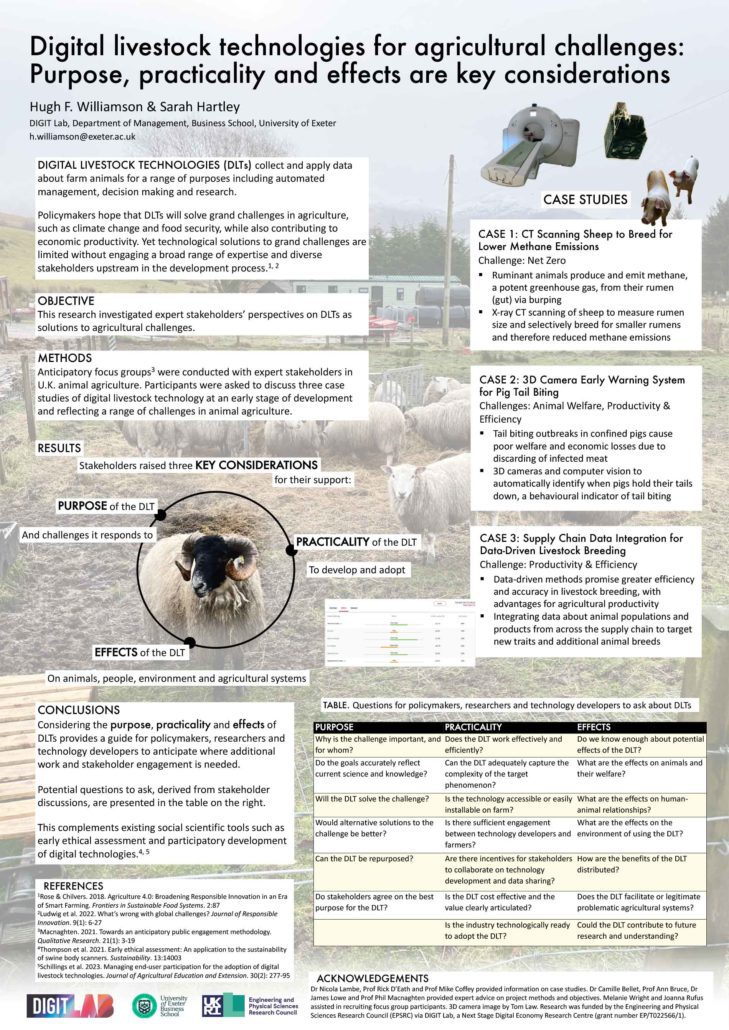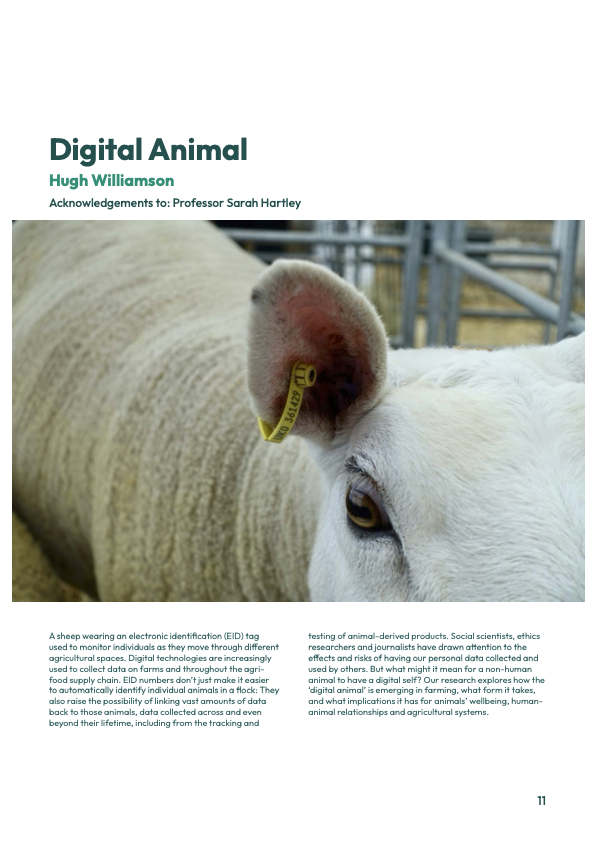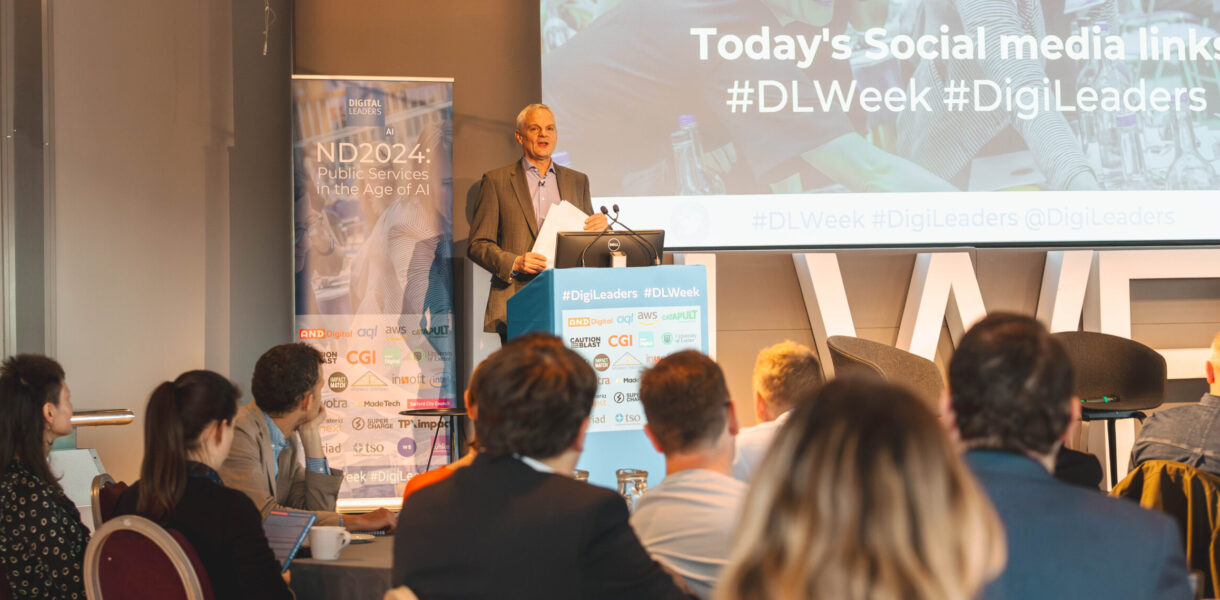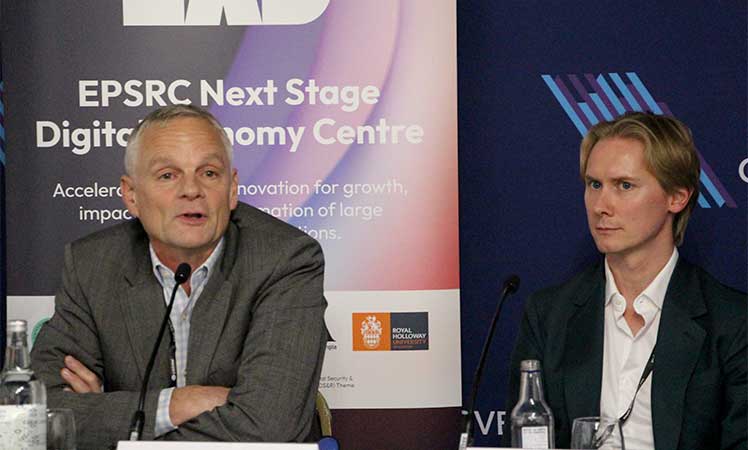Lead DIGIT Lab Academics: Professor Sarah Hartley & Dr. Hugh Williamson
Digital transformations have the potential to create large-scale changes in working practices, knowledge systems, the economy and society, with major implications for people and the environment. Ensuring that digital transformations take place responsibly, for the benefit of society and nature in the present and the future, is a major challenge.
Responsible innovation is an approach that uses methods from the social sciences to understand different views on the value of and desirable directions for innovation and to facilitate innovation processes that reflect these views. Responsible innovation is grounded in a set of guiding principles: That innovation should anticipate future risks and challenges; that innovation processes should engage diverse stakeholders and the public; that innovators should be reflexive about the directions and purpose of their innovation throughout their work; and that they should be responsive to emerging challenges and the views of stakeholders.
The research team are exploring responsible approaches to digital transformation through several case studies in animal agriculture in the United Kingdom. Animal agriculture provides a challenging case for responsible innovation due to the diverse actors and areas that it affects, from farming stakeholders and the animals themselves to food systems, consumers and the environment.
Research Themes
Digital livestock technologies for agricultural challenges

Digital technologies in animal farming are presented as solutions to urgent challenges in post-Brexit British agricultural policy, including increasing productivity and climate change adaptation. Yet evidence suggests technological solutions to agricultural challenges will be less effective without stakeholder and public engagement in the technology development process. We conducted focus groups with expert stakeholders in British animal farming to explore their views on digital livestock technologies. This research indicates that stakeholders in agroecological farming feel excluded from digital technology development, while stakeholders’ support for digital technologies more broadly was dependent on the purpose, the practicality and the potential effects of the technology. We conclude that considering purpose, practicality and effects of technologies provides a guide for policymakers, researchers and technology developers to identify where additional stakeholder engagement is needed in the development process.
Visions for livestock data integration and governance

Livestock traceability systems in Britain and the European Union involving the allocation of unique lifetime identifiers to individual animals create new possibilities for integrating large quantities of data about animals’ health, management, productivity and movements. Yet there is currently little investigation into how such data should be used and governed, including whom it should benefit.
This project uses the case of sheep farming in Britain to ask: What visions do diverse actors in the sector have for data integration and governance, what issues, challenges and tensions arise from these visions? The research, currently in progress, draws on documentary analysis, focus groups and interviews with actors across the British sheep industry in order to identify principles for the responsible development of national livestock data systems that are inclusive and responsive to the needs of diverse communities.
This research has been included in the University of Exeter’s Images of Research competition 2024.
The future of digital technology in agroecology
Research has indicated that agroecological approaches to farming – a sustainable approach to agriculture that applies ecological concepts and principles in farming such as organic farming, silvopasture and regenerative agriculture that are underpinned by commitments to food sovereignty and social justice – have been neglected by digital technology developers. In collaboration with the Non-Governmental Organisation, A Bigger Conversation, we organised a workshop at the University of Exeter in April 2024 to explore success stories of digital technologies in agroecology and investigate what future technology might be needed in this sector.
The aim of this project is to start a public conversation to shape the future of agri-technology so that it serves diverse approaches to agriculture, beyond industrialised farming.
Digital Animals film
Together with filmmaker Tom Law from tomlawsays, we are producing a short documentary film about digital innovation in animal farming in the United Kingdom that communicates the findings from our research. The film explores different stakeholders’ views on what innovation means in farming and what opportunities and challenges are raised by the use of digital technologies, at a time when the British government is investing heavily in agri-technology. The film presents four case studies of digital technology development and use with animals in agriculture. The aim of the film is to engage the public and stimulate debate on the kinds of digital transformation that we may want—or not want—in the animal farming sector.
Find out more about this initiative: sites.exeter.ac.uk/digitalanimals











